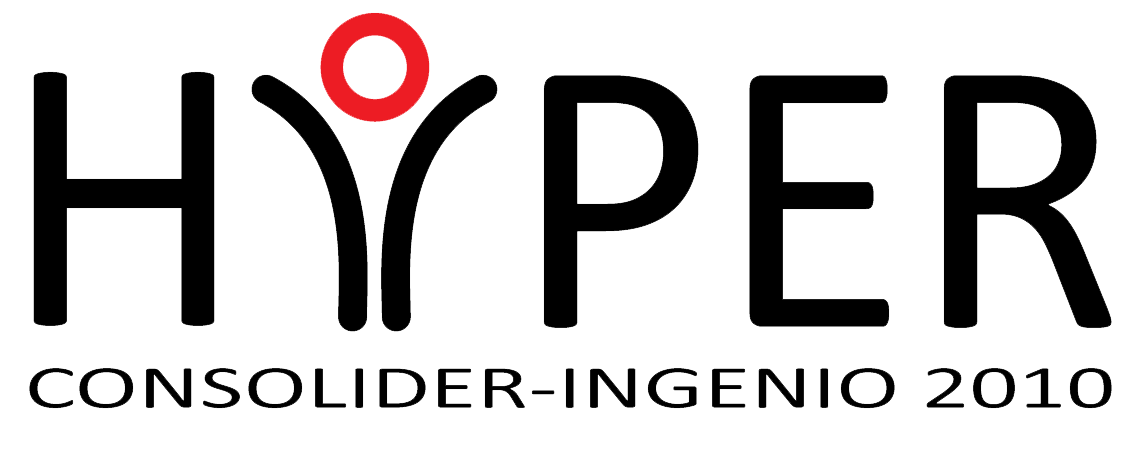WS6 - Rehabilitation Robotics
Rehabilitation of motor functions in patients with severe disabilities requires systematic application of a therapy that must be adapted not only to every patient individually, but also to its continuous progress and status (fatigue, plasticity, etc). In front of manual therapies, robot assisted therapies offer good expectancies since besides being able to quantify the amount of assistance offered, they can collect data of the executed rehabilitation exercises as speed, range of movement, number of repetitions, applied force and other measures. These strong requirements imply, on the one hand, the acquisition and interpretation of the patient physiological, volitional and kinematic data to determine the degree of assistance needed, and on the other hand, design the control strategies that fits with the specific therapies defined by the clinical staff.
The workshop is aimed to introduce the main concepts of rehabilitation robots basically focusing on their control. After an introduction to the medical needs and assistance requirements, the course will present the main control strategies and the robotic architectures in rehabilitation of upper and lower limbs. Practical sessions will complete the theoretical concepts. First, a technical demonstration on a real upper limb rehabilitation robot will set the basic knowledge. Then, the development of a first simulation session of a lower limb exoskeleton will be followed with a practice over a real exoskeleton.
Organizers
Joan Aranda is with the Institute for Bioengineering of Catalonia (IBEC) as researcher in the Robotics group, and Associate Professor at the Technical University of Catalonia (UPC), Barcelona, Spain
Alicia Casals is with the Institute for Bioengineering of Catalonia (IBEC) leading the Robotics group, and Professor at the Technical University of Catalonia (UPC), Barcelona, Spain. Her research is in the field of medical robotics in the areas of surgery, rehabilitation and assistance.
Nicolás García-Aracil is Associate Professor of Control and Systems Engineering at Miguel Hernandez University (Spain) leading the Rehabilitation Robotics Lab. Inside the Biomedical Neuroengineering Group.
Goals
The goal of the workshop is to get a view of robot assisted motor rehabilitation systems and control strategies. This introduction will be complemented with demonstrations with existing robots and the programming of therapies, based on Matlab and Simulink for the control of an exoskeleton and a pneumatic rehabilitation robot.
Speakers
Joan Aranda, Associate Professor. IBEC and UPC
Alicia Casals, Professor. IBEC and UPC
Eduardo Fernández, Nbio-Universidad Miguel Hernandez
Nicolás García, Nbio-Universidad Miguel Hernandez
María García-Manzanares, Nbio-Univ. Miguel Hernandez and Hosp San Juan de Alicante
José L. Pons, Research Professor, CSIC.
Program
| Sept 16 | Sept 17 | Sept 18 | |
| 14.30-16.00 | Clinical motivations for application of robotics to rehabilitation | Operational machines for arm rehabilitation Demonstrations | Hands on control on an exoskeleton |
| 16.00-16.30 | Coffee break | ||
| 16.30-18.00 | Design criteria of rehabilitation robotic systems. Exoskeletons for upper and lower limb rehabilitation. | Implementation of control. Implementation of control strategies in Simulink. | Hands on control on an exoskeleton and final conclusions |
Expected audience
PhD students in engineering and bioengineering
Previous knowledge
Knowledge of Simulink and Matlab
HW/SW that the participant need to bring/install
Own laptop with windows 7 OS





